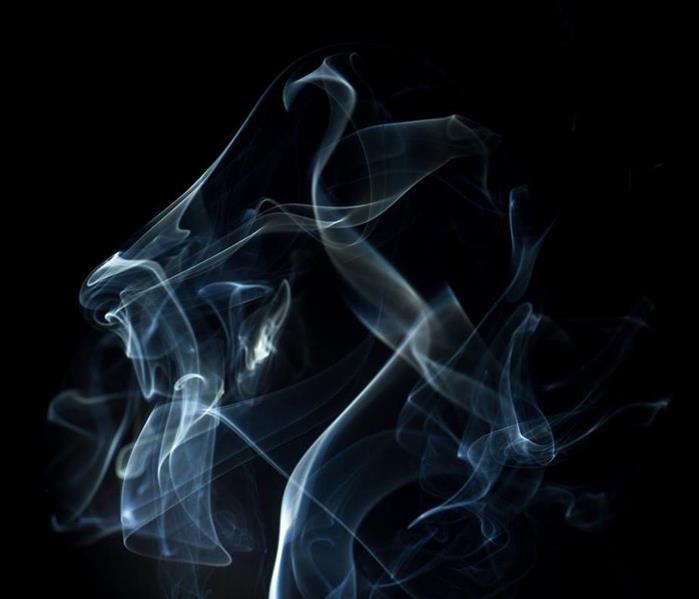Is It Safe to Stay in a Smoke-Damaged House?
6/10/2020 (Permalink)
The fire in your house is over. The initial shock has worn off. The fire department is gone. To the naked eye, the damage doesn’t even seem as bad as you expected.
But is it safe to move back in? The short answer, usually, is no, no matter how minor or major the fire was.
Why is it so risky to get back in your house? We’ll explain.
Smoke Damage: Invisible Invader
When we think about fire damage, we tend to think about, well, the damage caused by the fire. We look at the things the flames burned and use that visual information to make judgments about how dangerous and serious a fire was.
That’s a mistake. Smoke damage might be more difficult to see, but it’s still extremely dangerous.
For one thing, smoke can pervade the house much more quickly and completely than flames often do. A kitchen fire stemming from the downstairs stove can easily waft not just to your upstairs bedroom, but also into your walls, throughout your heating and air conditioning ducts, into your furniture and even into your electrical system.
That smoke might not have even been visible during the fire. No matter how thick the smoke may have gotten, there are still smoke particles that aren’t visible, and its these particles that tend to pose the highest and most unforeseen risk.
Why is smoke so dangerous?
For one thing, smoke is not always easy to detect. If all you do is walk through your house looking for damage visually, you’ll never detect the extent of smoke damage that you can’t see.
For another, it’s important to remember that the smoke from a house fire is not the same as the smoke from a camp fire. Smoke is caused by whatever fuel fed the fire. It’s often greasy, which means that when it coats your home in soot and noxious odors, it can be enormously difficult to remove.
Past that, smoke tends to travel to cooler areas by whatever means necessary. Because of this property, it’s likely that smoke damage will occur in places far removed from the actual fire, and that it will get there through avenues like ducting, pipes, crevices and your electrical system which are not easily accessible or visible.
Long story short – smoke gets where you least expect it and it tends to stick around unless you work with a pro to detect and remove it.
What’s worse, smoke can be enormously hazardous to your health. While the severity depends on exactly what burned, smoke inhalation during a fire is known to cause everything from burns to your respiratory system to serious coughs to vomiting to confusion to death.
After the fire is put out, the byproducts of smoke can still be present inside your home. Toxins like tar and heavy metals can float around in the air, causing serious health issues over time. Even if you don’t get sick, it’s likely that you will find breathing difficult and that your lungs and sinuses may be negatively affected by the aftermath of smoke damage.
On top of that, the smell of smoke after a house fire is enormously unpleasant and has a tendency to attach itself to everything, from your walls to your floors to the clothes that you’re wearing.
So how do you deal with smoke damage and get back into your home? You call a professional fire restoration company like SERVPRO of West Seneca/Lancaster. We’re able to determine the full extent of your smoke damage and make a plan to clean it for good. If you’re dealing with smoke damage after a fire, call 716-674-1103 today!




 24/7 Emergency Service
24/7 Emergency Service